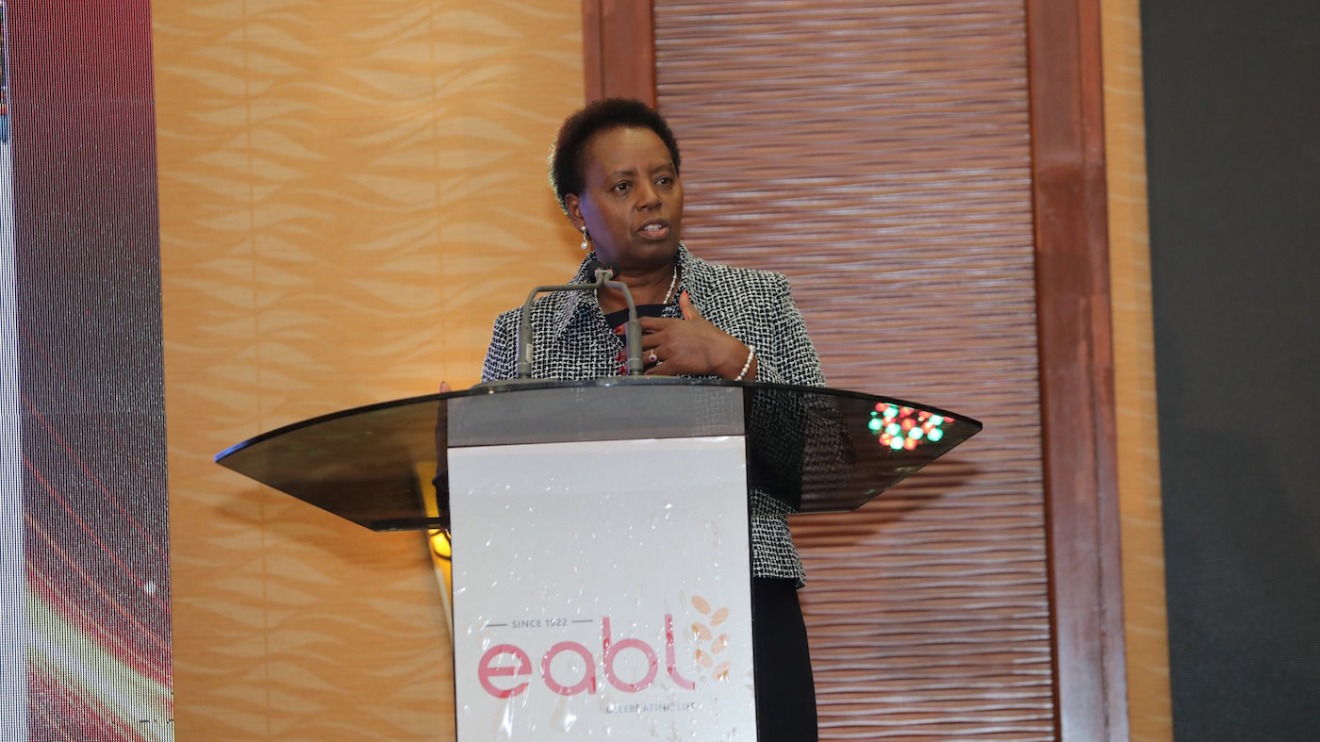East African Breweries Plc (EABL) has made significant cuts to its employee count as the company grapples with declining net profits.
In the financial year ending June, EABL reduced its workforce by 168 individuals, marking the first time in over seven years that the number of employees has dipped below 1,500.
According to the latest annual report released by the Nairobi Securities Exchange-listed company, the headcount now stands at 1,408, down from 1,576 at the end of June 2022.
This reduction was felt most keenly in the production department, which saw a decrease of 122 employees, bringing their total to 759. Similarly, management and administration roles declined by 70, now totalling 207.
In contrast, the sales and distribution department experienced a slight increase of 24 employees, reaching a total of 442.
Read More
This move comes in the wake of EABL's net profit falling by a significant 21 per cent, plummeting from Sh12.32 billion to Sh15.57 billion.
The decline in profits has been primarily attributed to a combination of rising indirect taxes, increased costs of sales, and mounting net finance expenses.
This year's reduction in the workforce marks a stark departure from EABL's recent employment trends.
In 2017, the company employed 1,609 individuals, but over the next four years, it shed 109 jobs, ending 2021 with a workforce of 1,500.
However, in 2022, the brewery made a slight recovery, adding 76 jobs as its earnings more than doubled, surging from Sh6.96 billion to Sh15.57 billion, following the economic rebound from Covid-19 disruptions.
The employee costs for the reviewed period amounted to Sh13.5 billion, compared to Sh13.2 billion the previous year and a significantly lower Sh9.35 billion seven years ago.
This upward trend in employee costs suggests an increase in remuneration for the company's workforce.
These developments raise questions about the future direction of EABL, as it grapples with a changing workforce and fluctuating profits.
The company's strategic decisions and financial performance will be closely monitored in the coming months as it navigates these challenges and seeks to maintain its position in the East African market.












